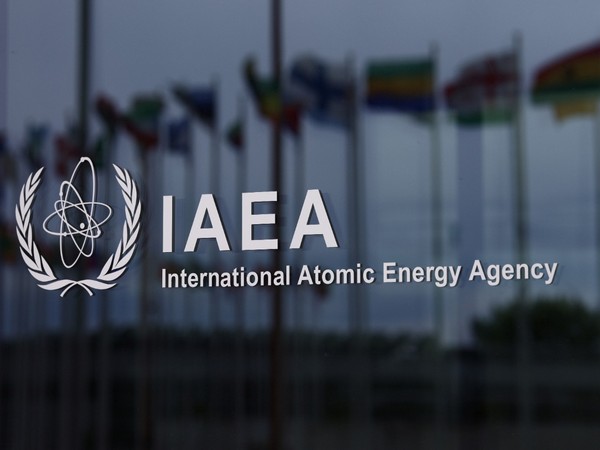IAEA highlights importance of nuclear techniques in addressing world’s challenges at UN LDC5 Conference

The IAEA highlighted the importance of nuclear science and technology in addressing the world’s challenges at the fifth United Nations Conference on Least Developed Countries (LDCs), held in Doha, Qatar this month.
“Nuclear science is unique in the scale and breadth of its applications: scientists have unlocked the power of atoms to deliver reliable low carbon energy; to fight diseases; to study scarce water resources; to develop hardier crops; and to tackle pollution in the ocean and on land,” said Hua Liu, Deputy Director General and Head of the Department of Technical Cooperation, who led the IAEA delegation at the conference. “The data that nuclear science and technology provides us with – reliable, accurate, evidence-based data – is a vital support for the policy and decision makers responsible for the sustainable use of resources and the delivery of services.”
The decennial conference, which took place from 5-9 March, was convened by United Nations (UN) Secretary-General António Guterres and brought together UN Member States, including 46 heads of state, as well as UN LDC Resident Coordinators and representatives of international organizations. In a series of high-level roundtables and plenary sessions, attendees discussed the need for tangible commitments to help the 46 LDCs reach the UN Sustainable Development Goals (SDGs). The IAEA’s participation served to underscore the IAEA’s support for the Doha Programme of Action. Through roughly 600 ongoing technical cooperation projects, the IAEA contributes to least developed countries’ efforts to achieve the SDGs.
The IAEA works in partnership with other institutions to ensure sustainable results. The Agency joined private sector representatives, government officials and financial institutions at a three-day Private Sector Forum, which was organized in the framework of the conference, in cooperation with the Microsoft Corporation. The Private Sector Forum was aimed at forging new partnerships and encourage investment in the LDCs. At the conclusion of the conference, the Doha Programme of Action saw new pledges from several stakeholders as clear commitments towards further support.
“We are grateful that the IAEA provides support to 46 countries in Africa, in areas such as food and agriculture, health, water and the environment, and radiation technology. The AFRA Regional Collaborating Centres play a valuable role in building regional expertise. Experts from LDCs can come to more developed countries to train in specific areas,” said Professor James Kahindi, Chair of AFRA’s High-Level Steering Committee for Human Resource Development and Nuclear Knowledge Management, who participated in an IAEA side event at the conference.
Through IAEA regional cooperative agreements such as ARASIA, RCA and AFRA, countries support one another regionally. Side event panellists highlighted the importance of this South-South cooperation to ensure the sustainability of success in LDCs. Discussions at the side event also focused on the need for capacity building to be considered in national development plans, as well as the crucial importance of practical training programmes to accompany university studies, as many LDCs lack updated facilities and equipment.
Through capacity building, the provision of technology and the establishment of new facilities, the IAEA is assisting LDCs to improve their economic situations. Participants heard about how Cambodia has received support from the IAEA and the Asian Development Bank to establish the country’s Drug Residue Laboratory. The new laboratory now processes 250 meat samples each year to ensure that they are fit for human consumption. By meeting international food safety standards, the status of human health improves, and food products can be exported internationally, which improves the livelihoods of farmers.
Professor Kanchan Adhikari, professor at Bir University, Nepal, speaking at the side event, emphasized the importance of nuclear techniques for food safety and security.
“Nepal's agricultural sector can benefit from the use of nuclear science and technology to ensure food safety and security, ultimately leading to its success,” Adhikari said. “Nuclear science and technology can be used in various ways to enhance agricultural productivity and efficiency.”
Shaukat Abdulrazak, side event moderator and Director of the Division for Africa in the IAEA’s Department of Technical Cooperation, summarized the assistance provided to IAEA Member States in capacity building.
In a statement to the plenary, the IAEA stressed the important role that nuclear science and technology can play in helping LDCs to meet their development goals and underscored the IAEA’s support for the Doha Programme of Action, adopted at the end of the conference. In 2022, the IAEA provided technical assistance to 35 LDCs.
- READ MORE ON:
- UN LDC5 Conference
- IAEA
- Hua Liu










